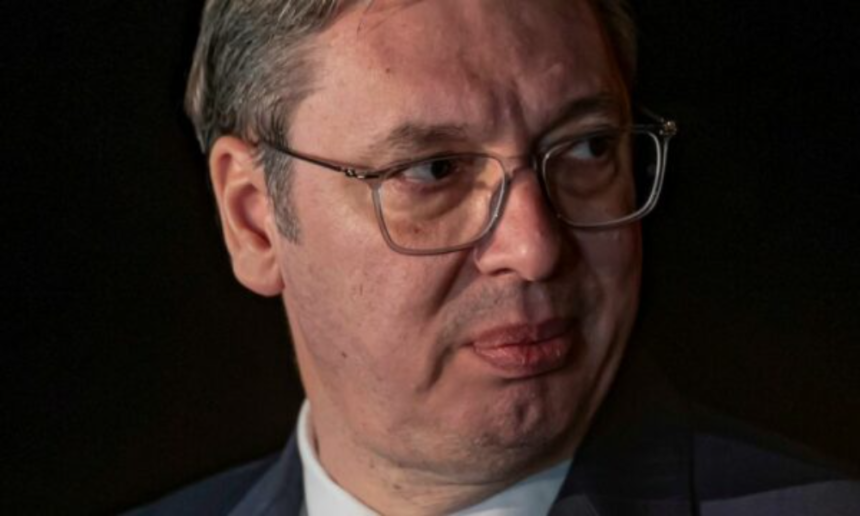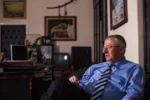In a defiant display of nationalism, Serbian President Aleksandar Vučić reaffirmed his stance on key issues in a recent statement in Brussels. Despite increasing pressure from the European Union (EU) to align with its foreign policy, Vučić made it clear that Serbia has no intention of recognizing Kosovo as an independent state or imposing sanctions on Russia.
Speaking to the media in Brussels, Vučić addressed the EU’s demand for Serbia to impose sanctions on Russia, a condition tied to Serbia’s EU accession process. He confirmed that Serbia would continue its current policy, which has so far refrained from placing sanctions on Moscow, despite the EU’s push for alignment with Western policies regarding the war in Ukraine.
“To impose sanctions on Russia, the doors are wide open for us. To recognize Kosovo as an independent state, everything is possible, but we are not interested in that. I don’t want to change our policy,” Vučić stated. He emphasized that Serbia has been consistent in its approach, which he believes has served the country well, and he was not willing to change his views under international pressure.
The Serbian president further dismissed critics, asserting that Serbia would remain steadfast in its policies, regardless of outside criticism. He underscored that after years in politics, he was not susceptible to changing his beliefs to satisfy external demands.
“We are not a small, fragile country that others can easily manipulate or steal from. Let them do their job, and we will do ours,” Vučić said, signaling his determination to maintain Serbia’s sovereignty and independent foreign policy.
Vučić also took the opportunity to defend his leadership, praising Serbia’s economic growth. “We have led the country very well. Look at the results, not whether someone likes them or not. Everyone here knows that Serbia is the second fastest-growing economy in Europe, and we are commended for that,” he added.
Despite Serbia’s ambitions for EU membership, Vučić’s refusal to align with Western policies, particularly regarding Russia and Kosovo, presents a significant hurdle in the country’s EU integration process. The EU’s insistence on these issues remains a point of contention, as Serbia continues to maintain strong ties with Russia, including political and economic support.
The Serbian leader’s firm stance on these matters highlights the ongoing geopolitical tensions in the region, as Serbia balances its aspirations for EU membership with its traditional alliance with Russia.
As the EU and Serbia continue negotiations, it remains to be seen whether Serbia will adjust its policies to meet the EU’s demands or continue its path of political independence.







